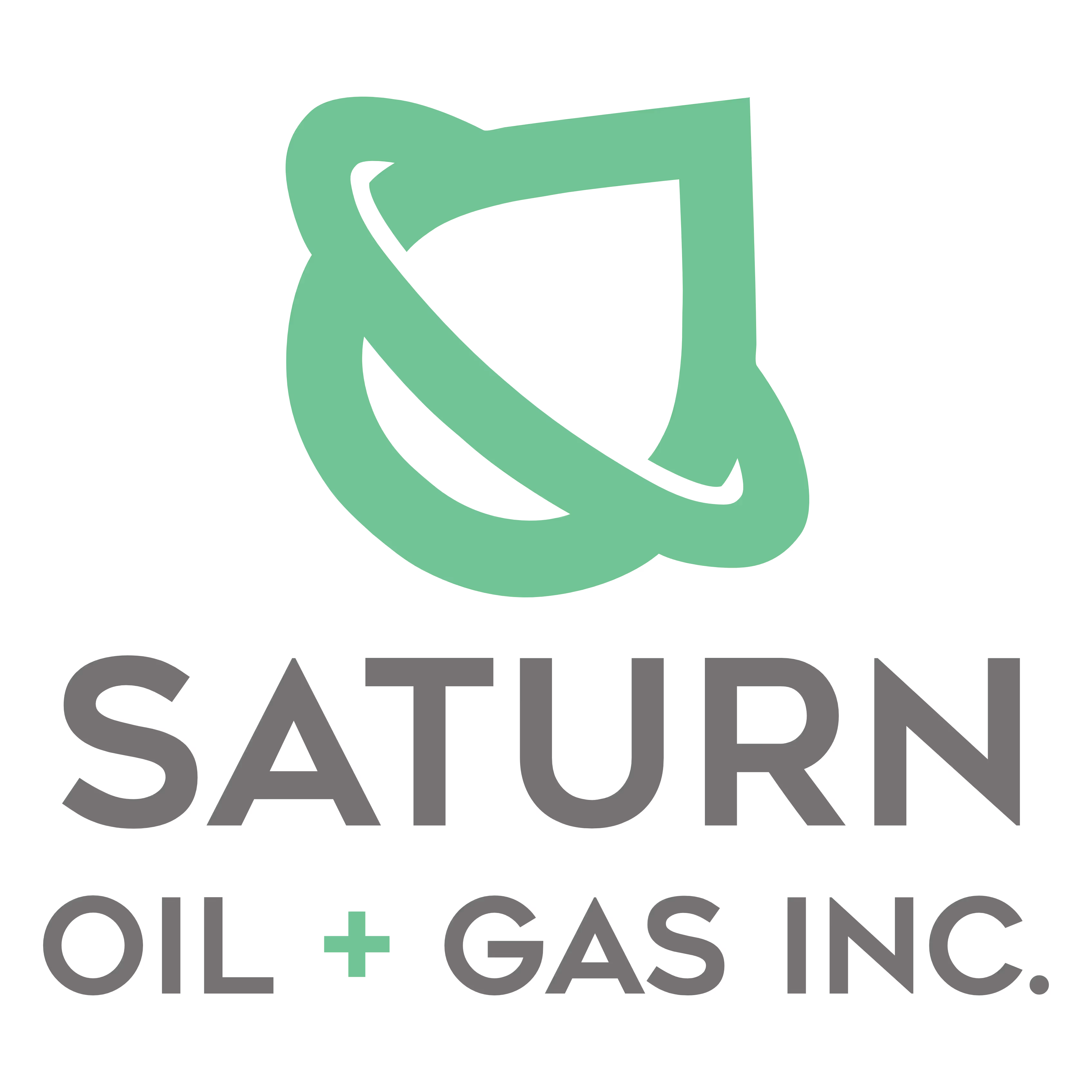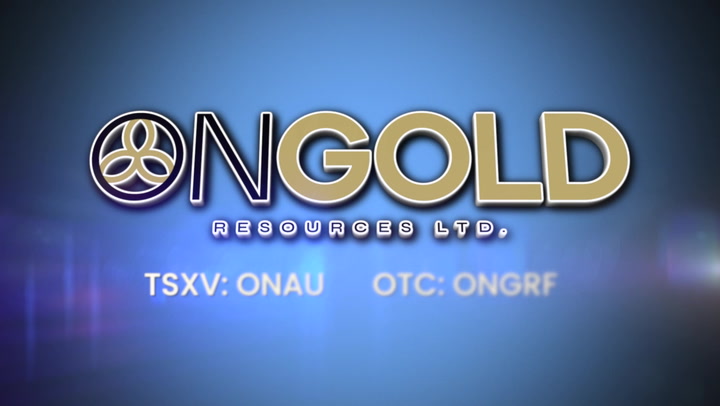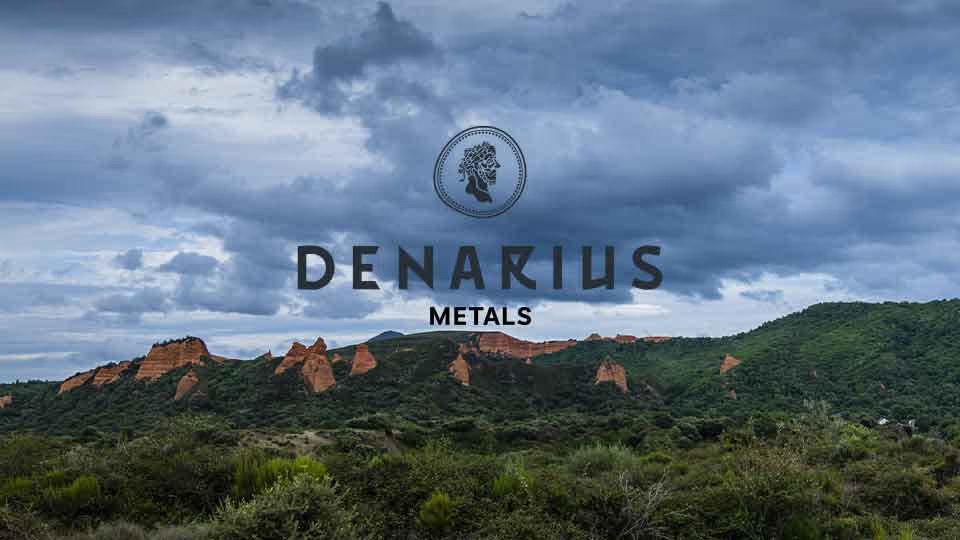Saturn Emerges as Canada’s Fastest Growing Oil Producer
Canada’s oil patch continues to consolidate as the largest energy producers are gobbling up the remaining small and mid sized producers. Despite the high price of crude oil, there have been relatively few new companies growing to fill the void of exiting intermediate producers. One up and coming oil producer, Saturn Oil & Gas (TSX: SOIL) (OTCQX: OILSF), has seized the reins of rapid growth and emerged as an exciting new entrant in Canada’s lucrative oil and gas sector.

Canada’s oil patch continues to consolidate as the largest energy producers are gobbling up the remaining small and mid sized producers. Despite the high price of crude oil, there have been relatively few new companies growing to fill the void of exiting intermediate producers. One up and coming oil producer, Saturn Oil & Gas (TSX: SOIL) (OTCQX: OILSF), has seized the reins of rapid growth and emerged as an exciting new entrant in Canada’s lucrative oil and gas sector.
Saturn has taken off, and after several savvy acquisitions and successful drilling programs, was recently ranked Canada’s 18th fastest growing company by the Globe & Mail’s Report on Business, as well as its #1 fastest growing oil and gas company. (https://www.theglobeandmail.com/business/rob-magazine/top-growing-companies/article-canadas-top-growing-companies-2023/). It is an accomplishment that recognizes the company’s 1,929% growth in revenue over the past three years. In-line with its recent growth, Saturn just made the leap from the TSX Venture exchange, which focuses on early-stage companies, to the TSX, the largest stock exchange in Canada.
With roots in the province of Saskatchewan and more recently Alberta, Saturn’s formula for success is simple. First, it looks for high-quality producing light oil assets that it can responsibly develop with long-term drilling opportunities. Second, it focuses on finding synergies between new acquisitions and its existing operations to drive cost savings. And third, it applies a very disciplined approach in its hunt for bargains. This approach is further enhanced by a distinct competitive advantage that has enabled Saturn to make cash offers for premium assets, thanks in part to the financial support of an anonymous tech billionaire. The investor’s New York based family office participation was instrumental in the company’s four most recent acquisitions, each costing less than two times cash flow. These impressive metrics suggest a very fast payback on investment.
This strategy recently helped Saturn land the private company Ridgeback Resources, a game changing acquisition that was announced this past January. The Ridgeback purchase increased Saturn’s oil production by 140% and provided it with robust reserves that are expected to sustain their current rate of production for another 15 years. The transaction has also allowed Saturn to inherit over a hundred highly skilled industry professionals and consolidate two operational field headquarters that is expected to save costs to the company of close to C$10 million per year.
The Ridgeback acquisition, and others, has fueled a phenomenal growth story that has rocketed Saturn’s oil and gas production from 233 Boe/d (Barrels of oil equivalent per day) in Q1 2021 to over 26,000 Boe/d today, a gigantic leap by any standard. But while the increase in production could not have been timed better given increasing global oil prices, it comes with one key condition. “We are focused on the responsible development of energy,” company CEO and Director John Jeffrey emphasised. “Responsible means: we have a very small CO2 footprint as an oil producer; and we are making investments to reduce what little emissions we do have. As a conventional oil and gas developer, Saturn does not operate open pit mines nor is it required to boil water to extract the oil from sand, which is typical of oil sands operators in Canada.”
Saturn’s commitment to the responsible development of its oil and gas assets is underscored by the publishing of its first sustainability report which came out earlier this year, along with an investment in 2022 of C$14 million to clean up old abandoned production sites. The report identifies projects to reduce current CO2e (carbon dioxide equivalent) emissions from existing production facilities in the range of 36% to 47%.
Given all the momentum that Saturn is generating, big investors are taking note. Today, Saturn is estimated to be about 65% institutionally owned. This past year, GMT Capital out of Atlanta, Georgia stepped up big to back the Ridgeback purchase, acquiring about 25% of Saturn’s equity, while Libra Advisors out of New York, who has been invested with Saturn since its first acquisition in 2021, quadrupled their investment in Saturn in 2023. According to Kevin Smith, Saturn’s VP of Corporate Development, their involvement says a lot. “These are sophisticated investors that conduct a fair bit of due diligence before investing. They understand the oil sector very well and we understand the expectations that their support brings.”
Confidence in Saturn doesn’t stop there. “I am of course a long-term shareholder of Saturn,” Jeffrey confirmed. “And I have continued to increase my investment in Saturn through each of the last equity raises, as have our executives. But what encourages me most, is when we open the financings to our whole team. Across our team, geologists, engineers, and our admin staff have bought in too.”

Ramping up oil production while global oil prices are also on the rise has resulted in extraordinary cash flow generation for Saturn. The company recently hit a milestone in Q3 2023 by posting for the first time over C$100 million in quarterly adjusted EBITDA (earnings before interest, taxes, depreciation, and amortization), up 100% year over year. Fortunately, Saturn doesn’t see the oil market softening any time soon. Supply and demand factors for high oil prices are the strongest they have been in almost a decade. OPEC and Russia, who are firmly in control of global oil supply, have been sticking to their voluntary supply cuts, avoiding the price war that crushed oil prices in 2014. And while there is an energy transition taking place in North America and western Europe, it is likely to take decades to fully materialize, while the rest of the developing world appears to be in no hurry to wean itself off oil consumption. So, oil prices are likely to remain strong for some time to come, which in turn means a higher rate of return on investment for oil producers and a faster payback of capital.
In the near term, Saturn is concentrated on paying down its dept as quickly as possible. The company is targeting 60% of its cash flow be directed to debt repayment and 40% to be invested in enhancing its production base. It believes that rapidly reducing debt levels is the best short-term path to adding shareholder value. Eventually, when the debt levels have been reduced to a sustainable level, the repayments will taper off. That indicates there could be a big wall of free cash flow for Saturn shareholders in the not-too-distant future.
Given where Saturn appears to be heading, it isn’t surprising that it has captured the attention of some of Canada’s most respected energy analysts.
In September, Canaccord Genuity Research Analyst Mike Mueller upgraded his Saturn recommendation from Speculative Buy to Buy, with a target price that is more than double its current trading value. “Our value pick remains SOIL with the upside potential in share price improvement being unmatched across our coverage universe,” stated Mueller.
Adam Gill, Research Analyst with Echelon Capital Markets, was just as enthusiastic. “Given the potential upside in this story,” he said, “we see Saturn Oil & Gas as our top pick in the junior oil exploration and production space at this time.”
Understandably, CEO Jeffrey is excited about the opportunity Saturn presents to investors. “This is still a ground floor opportunity. While we have built a solid foundation of free cash flow generating assets, we believe the best is still ahead and are focused on how we can enhance and expand our business to the next level.”
If the last three years are any indication, Saturn investors are in for an exciting ride.
For more information on Saturn Oil & Gas Inc. (TSX: SOIL, OTCQX: OILSF) please click the request investor info button.

FULL DISCLOSURE: Saturn OIl and Gas Inc. s a client of BTV - Business Television. This article does not constitute investment advice. Each reader is encouraged to consult with his or her individual financial professional. Any action taken as a result of reading information here is the reader’s sole responsibility.
Latest Posts
Hot Companies
You might also like






